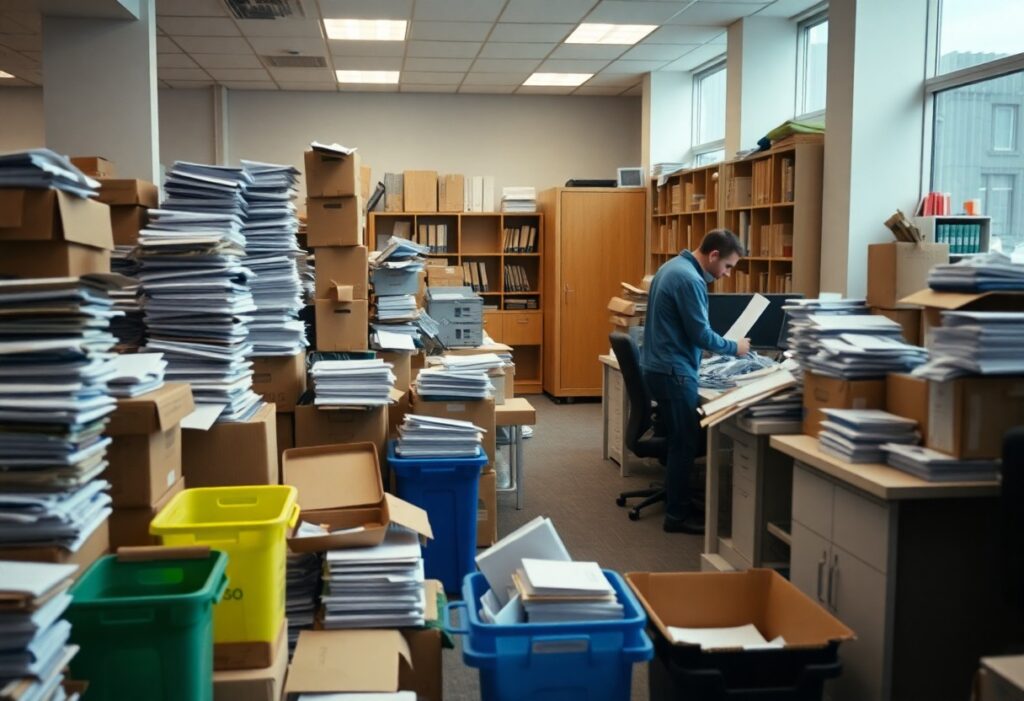Introduction
TheBenefitsofRecyclingWaste |Wasterecyclingis the act of collecting, separating, and processing used materials that would otherwise be considered garbage. The main motive to recycle waste is to reduce pollution and conserve raw materials. It diverts waste from entering landfill sites and incinerators, which release harmful gases into the atmosphere. By doing so, wasterecyclinghelps protect our environment and safeguard our future.
There are many benefits to recycling waste, including:
1) Reducing pollution
2) Conserving raw materials
3) Reducing greenhouse gas emissions
4) Saving energy
5) Supporting the economy
What is recycling?
Recycling is the process of turning waste materials into new or improved products. It helps to reduce pollution, conserve resources, and create jobs.
There are many benefits to recycling waste, including:
-Reducing pollution: Recycling helps to reduce the amount of pollution caused by waste materials.
-Conserving resources: Recycling helps to conserve the world’s limited resources, such as water, forests, and energy.
-Creating jobs: Recycling creates jobs in the waste management and manufacturing industries.
recycling is an important part of protecting our environment and conserving our natural resources.
The benefits of recycling
Recycling is the process of converting waste materials into new materials and objects. It is an alternative to “conventional” waste disposal that can save material and help lower greenhouse gas emissions. Recycling can benefit your community and the environment.
Reducing pollution
The process of recycling helps to reduce pollution in the environment. This is because recycling helps to ensure that materials that would otherwise end up in landfills are instead reused. In addition, recycling can also help to reduce the amount of energy that is required to produce new products from scratch.
Reducing greenhouse gas emissions
The main benefit of recycling is that it reduces the amount of waste that is sent to landfill sites. It also conserves energy and water, which are necessary in the production process of many items.
It takes less energy and water to recycle materials than it does to create new products from scratch. In fact, recycling one aluminum can save enough energy to power a TV for three hours! By reusing materials, we can also help reduce greenhouse gas emissions – the main cause of climate change. Every bit helps!
Conserving resources
One of the most important benefits of recycling is that it conserves resources. For example, recycling one ton of aluminum cans saves the equivalent of 32 barrels (1,368 gallons) of oil. Also, recycling decreases the need for landfill space.
In addition, recycling conserves energy. Recycling aluminum cans saves 95 percent of the energy needed to make new cans from scratch. It also takes less energy to recycle paper than to make paper from scratch. For example, recycling one ton of newspaper saves the equivalent of about 17 trees.
Recycling also reduces pollution. Making products from recycled materials generates far less pollution than making products from new materials. For example, producing recycled aluminum generates 95 percent less air pollution and 97 percent less water pollution than making aluminum from scratch.
Supporting the economy
recycling supports the economy by providing jobs and supporting businesses.
In the United States, recycling and reuse industries employ more than 1.1 million workers and generate more than $236 billion in annual sales.
Recycling also conserves energy and natural resources.
It takes far less energy to make new products from recycled materials than from raw materials.
In fact, recycling one ton of aluminum cans saves the equivalent of 21 barrels of oil.
The challenges of recycling
It’s no secret that recycling is good for the environment. It reduces the amount of waste that goes into landfills and incinerators, and it conserves natural resources like water, trees, and minerals. But recycling also has some challenges.
Limited recycling infrastructure
Only 10 percent of the world’s population has access to formal recycling services, leaving a majority of recyclable waste to be managed through informal means. This often leads to openly dumped sites or unsafe backyard recycling operations, which can cause significant environmental and public health concerns.
Informal recycling also creates significant economic challenges as businesses are left to manage waste on their own, often paying high fees for disposal. Formalizing recycling operations through investment in infrastructure and education can help reduce these costs and environmental impacts.
Recycling is energy intensive
While recycling is often touted as an environmentally friendly activity, it actually requires a significant amount of energy to recycle materials. In fact, recycling one ton of mixed paper (newspapers, magazines, office paper, etc.) requires more than three times the amount of energy that it takes to simply landfill the same amount of paper.
The process of recycling also releases a number of harmful greenhouse gases into the atmosphere. For example, when plastic is recycled, it is often burned in order to melt it down into a usable form – releasing a range of toxins into the air in the process.
In addition, many materials that are commonly recycled – such as glass and metals – can actually be reused multiple times without needing to be recycled. Reusing these materials instead of recycling them would save even more energy.
Conclusion
In conclusion, recycling is not only beneficial for the environment, but it is also economical and efficient. With the help of recycling, we can reduce pollution, conserve resources, and save energy. It is important to remember that every little bit counts when it comes to making a difference for our planet.



